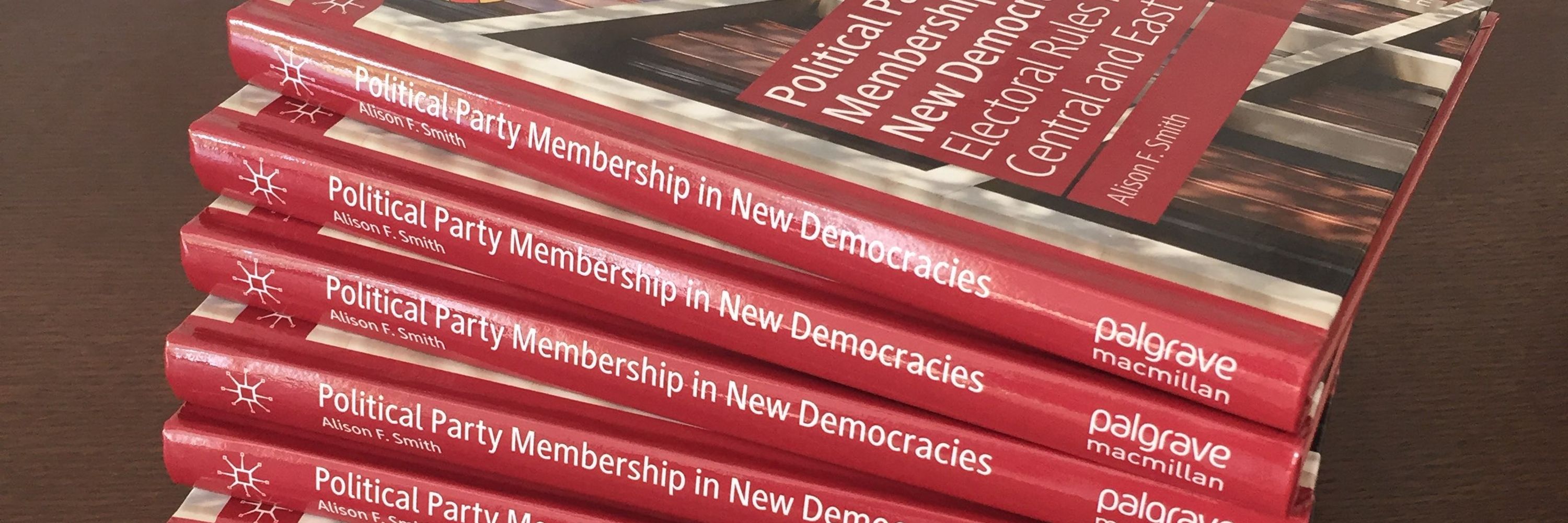
Alison Smith
@dralisonfsmith.bsky.social
Comparative Politics Lecturer.
Democratisation | Populism | GAL-TAN | Polarisation
DPhil University of Oxford
Democratisation | Populism | GAL-TAN | Polarisation
DPhil University of Oxford
The article suggests a few:
- loss of faith in political system (approval of congress was 13% at the time).
- feeling that ordinary people cannot influence policy anyway.
- WW2 recedes => cultural memory of the potential horrors of dictatorship fades.
- loss of faith in political system (approval of congress was 13% at the time).
- feeling that ordinary people cannot influence policy anyway.
- WW2 recedes => cultural memory of the potential horrors of dictatorship fades.
February 12, 2025 at 1:17 PM
The article suggests a few:
- loss of faith in political system (approval of congress was 13% at the time).
- feeling that ordinary people cannot influence policy anyway.
- WW2 recedes => cultural memory of the potential horrors of dictatorship fades.
- loss of faith in political system (approval of congress was 13% at the time).
- feeling that ordinary people cannot influence policy anyway.
- WW2 recedes => cultural memory of the potential horrors of dictatorship fades.
Very concerning
February 10, 2025 at 10:13 AM
Very concerning
The article is from 2016.
✅ Full citation: The Democratic Disconnect, Roberto Stefan Foa, Yascha Mounk, Journal of Democracy, Volume 27, Number 3, July 2016, pp. 5-17 (Article)
✅ Full citation: The Democratic Disconnect, Roberto Stefan Foa, Yascha Mounk, Journal of Democracy, Volume 27, Number 3, July 2016, pp. 5-17 (Article)
February 9, 2025 at 9:57 AM
The article is from 2016.
✅ Full citation: The Democratic Disconnect, Roberto Stefan Foa, Yascha Mounk, Journal of Democracy, Volume 27, Number 3, July 2016, pp. 5-17 (Article)
✅ Full citation: The Democratic Disconnect, Roberto Stefan Foa, Yascha Mounk, Journal of Democracy, Volume 27, Number 3, July 2016, pp. 5-17 (Article)

